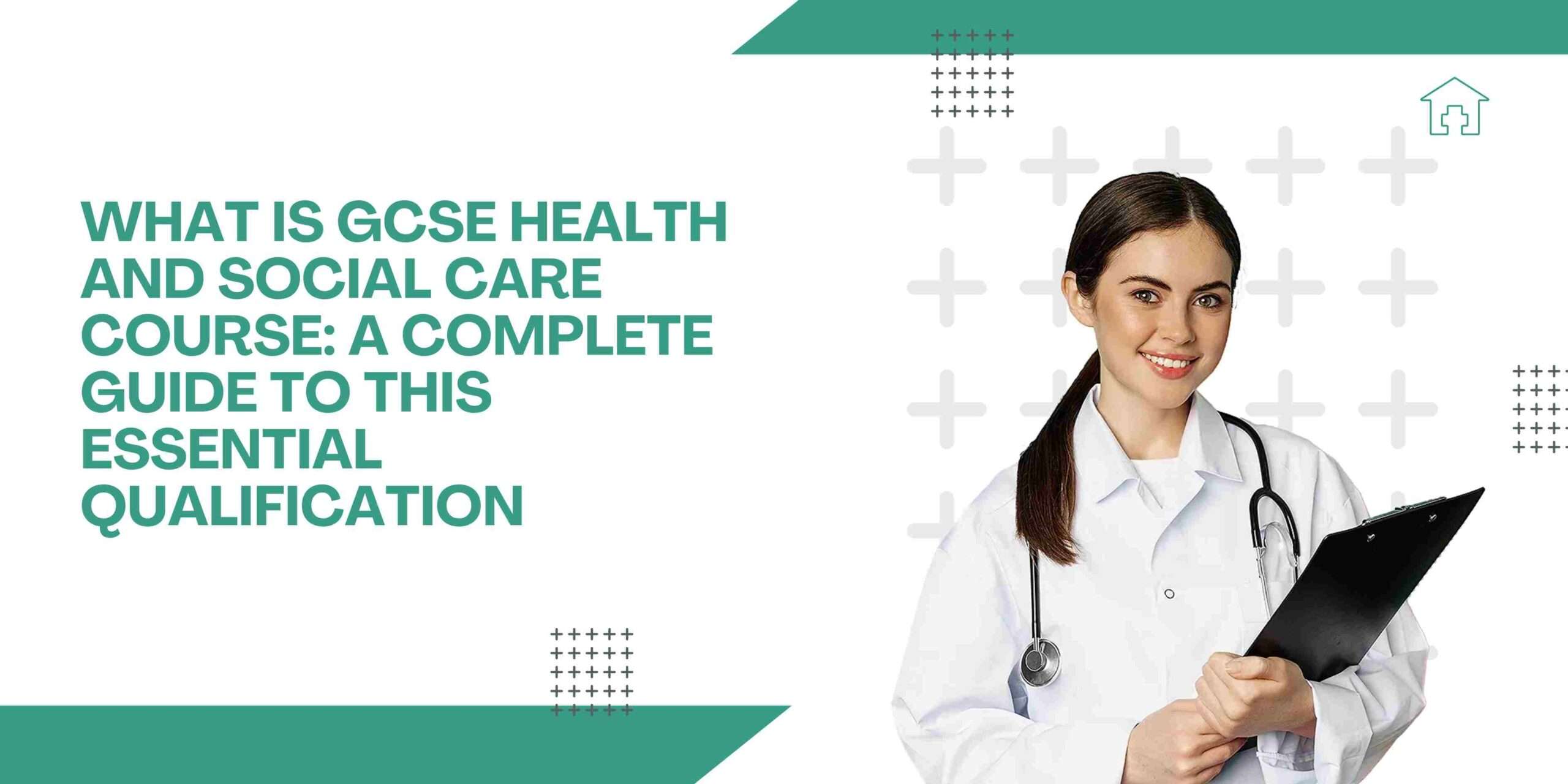Introduction
In the world of education, preparing students for practical, real-world careers is as important as academic excellence. One of the most relevant courses designed for this purpose is the GCSE Health and Social Care Course. But what is GCSE Health and Social Care Course? How does it work, and why is it so important for young people aiming for careers in health, social care, or early years education?
This comprehensive guide will explore everything you need to know about the GCSE Health and Social Care course, including its structure, benefits, assessment methods, and how it prepares students for future studies or employment.
What is GCSE Health and Social Care Course?
The GCSE Health and Social Care Course is an academic and vocational qualification offered at the secondary education level. It introduces students to the principles, practices, and challenges of working within the health and social care sectors. This subject provides a strong foundation for those considering careers in nursing, social work, childcare, healthcare assistance, or community support.
Key Characteristics:
- Typically studied by students aged 14–16 (Years 10 and 11 in the UK).
- Combines theoretical learning with practical assignments.
- Covers essential topics like human growth and development, communication, safeguarding, ethics, and health promotion.
- Can be taken as a full course or a short course (depending on the school).
- Provides a pathway to further studies such as BTEC Level 3, A-levels, or apprenticeships.
Why Choose this Course?
1. Foundation for Career Paths
The course introduces students to various sectors of health and social care, including:
- Nursing
- Social Work
- Healthcare Assistance
- Early Years Education
- Counselling and Mental Health Support
2. Developing Practical Skills
Students gain hands-on experience through coursework that helps develop:
- Communication skills
- Empathy and compassion
- Analytical thinking
- Problem-solving abilities
- Ethical decision-making
3. Building Awareness of Health Issues
Promotes understanding of:
- Physical and mental health
- Wellbeing and health promotion
- Diversity and equality in care
- Safeguarding and protection principles
What Does the GCSE Health and Social Care Course Cover?
The curriculum varies depending on the exam board (e.g., AQA, OCR, Edexcel), but it generally includes:
1. Core Topics
- Human Growth and Development
- Health and Wellbeing
- Communication in Care Settings
- Understanding Personal Development
- Safeguarding and Protection
- Ethical Principles in Care
- Health Promotion and Public Health
2. Practical Learning Components
- Case study analysis
- Role-playing exercises
- Projects and presentations
- Group discussions
- Personal reflection assignments
3. Assessment Methods
- Written Examinations
- Coursework Assignments
- Presentations
- Reflective Journals
Benefits of Studying GCSE Health and Social Care
| Benefit | Description |
| Career Preparation | Builds foundational knowledge for various professions. |
| Practical Skills | Enhances communication, empathy, and teamwork. |
| Ethical Understanding | Teaches principles of safeguarding and dignity. |
| Personal Development | Encourages self-reflection and growth. |
| Pathway to Further Education | Prepares students for BTEC, A-levels, or apprenticeships. |
Career Paths After Completing the Course
1. Nursing
- Progress to BTEC Level 3 or A-levels.
- Pursue a degree in nursing or healthcare.
2. Social Work
- Gain experience through apprenticeships.
- Study social work at university.
3. Early Years Education
- Take qualifications in childcare or teaching assistance.
- Work in nurseries, schools, or early years settings.
4. Healthcare Assistance
- Progress to vocational training.
- Gain employment in hospitals, clinics, or care homes.
5. Counselling and Mental Health
- Further studies in psychology or mental health support.
- Volunteering or training programs in counselling.
Challenges of the GCSE Health and Social Care Course
| Challenge | Solution |
| Understanding Complex Theories | Utilizing additional resources and study materials. |
| Balancing Coursework and Exams | Developing time management skills. |
| Limited Practical Experience | Seeking volunteer opportunities or placements. |
| Ethical Dilemmas | Consulting teachers or mentors for guidance. |
Preparing for GCSE Health and Social Care Exams
- Reviewing past papers and exam questions.
- Creating detailed notes and flashcards.
- Practicing mock tests.
- Engaging in group discussions to clarify complex topics.
Final Thoughts
So, what is GCSE Health and Social Care Course? It’s a stepping stone for students who are passionate about making a difference in people’s lives. By providing a balanced mix of theoretical knowledge and practical skills, it prepares young learners for future studies, apprenticeships, or direct employment in various health and social care sectors.
Whether you aim to become a nurse, social worker, healthcare assistant, or early years educator, this course provides the foundational skills you need to pursue your ambitions.
Read More: NVQ Level 2 in Health and Social Care: A Complete Guide to Your Career Path







